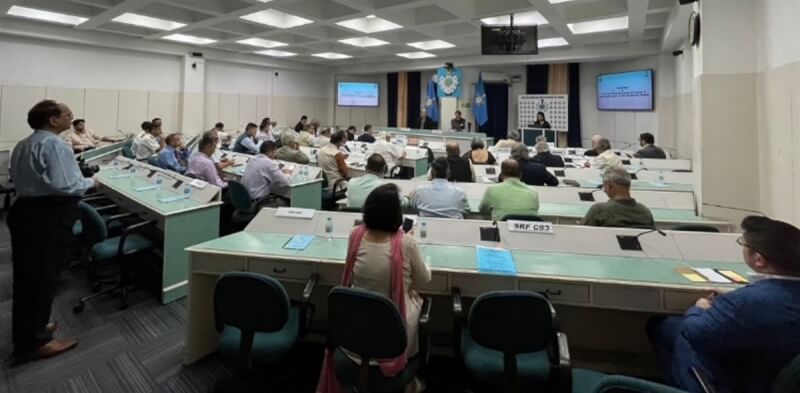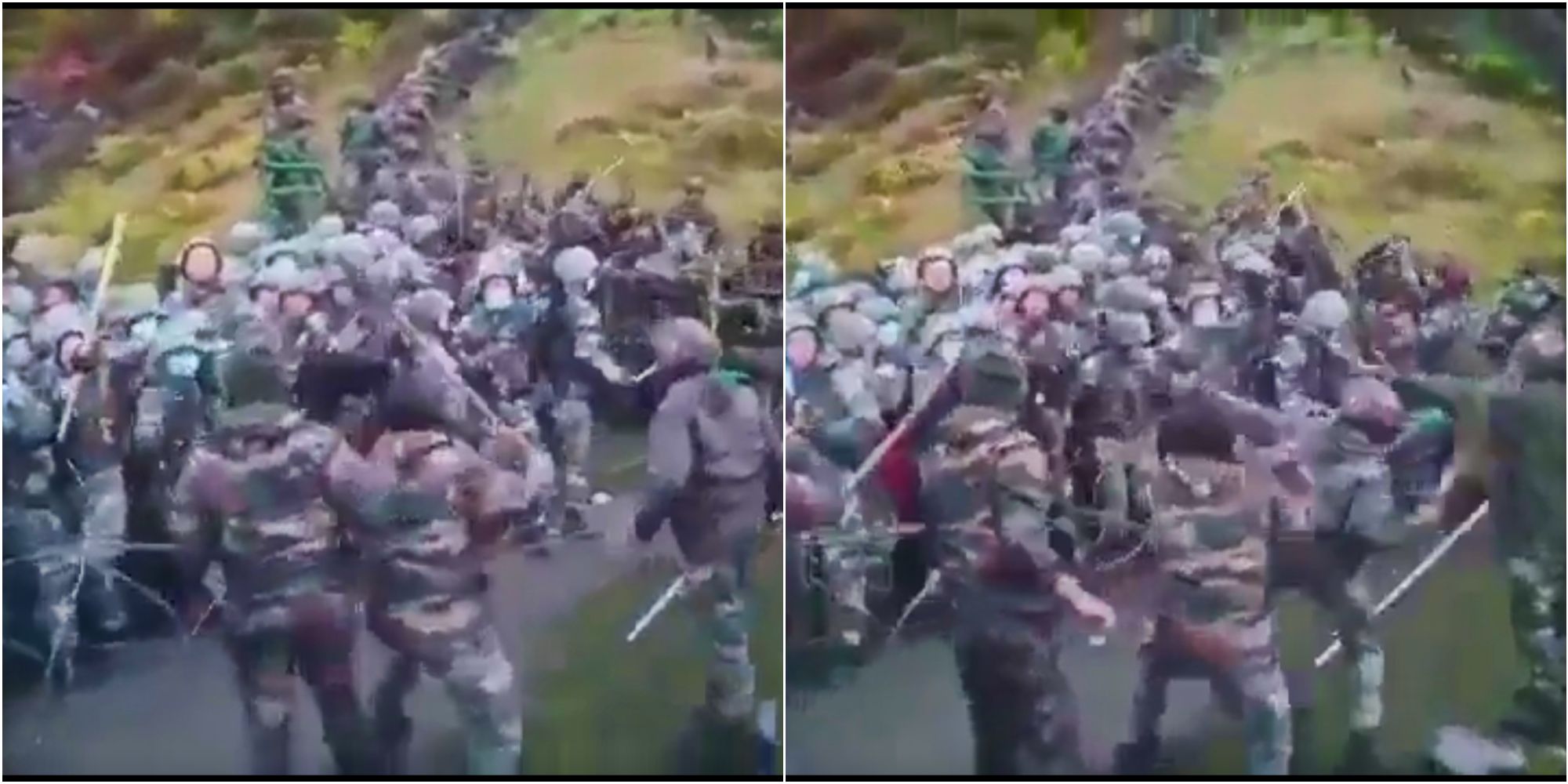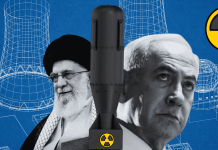Think tanks from Taiwan and India recently concluded the military simulations, which focused on scenarios pertaining to the Taiwan Strait and the Sino-Indian border in 2035.
The collaborative effort marks a significant stride in bilateral relations between the two nations, signaling a growing synergy in strategic affairs.
According to Taiwan’s Central News Agency (CNA), a delegation from Taiwan’s Institute for National Defense and Security Research (INDSR) visited the United Service Institution of India (USI) last month.
The simulations, described as tabletop exercises, were led by India, in contrast to previous such events, which typically saw leadership from the United States.
The report said that for the first time, the military simulations were hosted by the Indian side, attracting scholars from diverse backgrounds, including the United States and Taiwan’s National Defense Academy.

The exercise also involved retired Indian lieutenant generals and ambassadors, alongside representatives from various sectors.
Shen Ming-Shih, head of the INDSR delegation, noted that the participation of seven retired generals and seven former diplomats from India provided valuable insights into perspectives from various regions, including the Association of Southeast Asian Nations (ASEAN), Central Asia, West Asia, and Russia.
Shen expressed optimism about leveraging this collaborative effort for future cooperation between India and Taiwan in conducting multi-party joint military exercises.
The discussions centered around potential developments in the Indo-Pacific security landscape in 2035, with a keen focus on the evolving situations in the Taiwan Strait and the Sino-Indian border.
The simulations were structured to explore potential actions and reactions of involved parties, including the United States, West Asia, Southeast Asia, Central Asia, and Europe, among others. Key areas of deduction included geopolitical developments in the Indo-Pacific by 2035 and comprehensive discussions on the Chinese Communist Party’s approach toward resolving the Taiwan issue.
Shen further added that during the concluding phase of discussions, B K Sharma, Director at United Service Institution of India, facilitated an in-depth exchange of views among Indian participants regarding India’s prospective role and the responses of various nations in the event of a conflict in the Taiwan Strait.
Participants deliberated on positions, policies, and interests from diverse perspectives, contributing to a comprehensive understanding of potential scenarios.
India-Taiwan Ties Stir Discontent in China
While Shen has not disclosed the outcome of the military simulations, the exercise underscores a burgeoning collaboration between India and Taiwan in strategic domains.
This initiative follows a precedent set in August 2023 when three former top Indian military officials participated in a security dialogue organized by Taiwanese authorities in Taipei. At the time, China vehemently opposed any official exchanges between Taiwan and nations maintaining diplomatic ties with Beijing.
Similarly, following the conclusion of India’s recent general election and the triumph of the ruling Bharatiya Janata Party (BJP), Taiwan’s President Lai Ching-Te extended felicitations via the social media platform X. In response, Indian Prime Minister Narendra Modi personally expressed his readiness to foster closer relations.
In response, during a routine press briefing, Chinese Foreign Ministry spokeswoman Mao Ning urged India to reject what she termed as the “political schemes” of Taiwan authorities, disclosing that opposition had been made to India regarding the matter.
Meanwhile, Shen Ming-Shih, head of the INDSR delegation, remarked that China’s predictable reaction was expected, but he emphasized that Modi’s mention of willingness to bolster ties is crucial for the advancement of Taiwan-India relations.

He forecasted that following the general election, key cabinet members such as Foreign Minister S Jaishankar and Defense Minister Rajnath Singh are anticipated to retain their positions, suggesting continuity in India’s foreign and defense policies.
Presently, bilateral relations between India and China are strained, exacerbated by the ongoing military standoff along the Line of Actual Control (LAC) that originated in May 2020.
On the other hand, Taiwan and India have been forging ahead in technological, financial, and interpersonal exchanges. Despite India’s official adherence to the ‘One China’ policy, its stance has evolved over time in response to shifting geopolitical and strategic interests.
Given the complex nature of India-China relations and efforts to manage this complex dynamic, New Delhi is endeavoring to strike a delicate equilibrium between engagement with Taipei and its adversarial ties with Beijing. Currently, India is prioritizing the augmentation of traditional areas of collaboration with Taiwan.
A pivotal juncture in the trajectory of India’s Taiwan policy unfolded early this year with the inking of a labor agreement between the India-Taipei Association and the Taipei Economic and Cultural Centre.
- Contact the author(s) at ashishmichel(at)gmail.com
- Follow EurAsian Times on Google News




